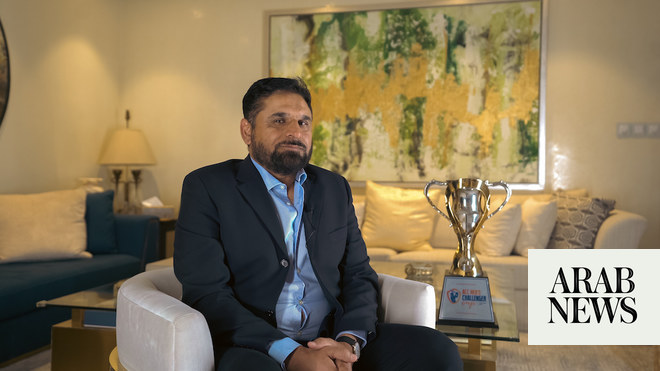
Winning a World Cup is the best feeling that a footballer can experience. It is something I – and so many people – dreamed about as a child and actually to do it is an incredible emotion that stays with you for the rest of your life.
Clearly winning the World Cup is not very easy. Only 20 teams have done it so far and I can count myself lucky to be among those few people in the world who have had that feeling.
So, how did we do it in 2006? There are several reasons but there is one main aspect of our triumph that is absolutely key: we fought for each other in Germany; we were a proper team. The togetherness of the group is the secret.
The team must be united. That is more important than any individual sporting ability. It is fundamental for everyone to be focused on the objective, to win the World Cup, and in 2006 we were. We were also a group of friends – more than just a collection of footballers – and that helped us enormously.
Nothing could get to us. We were always stronger than any obstacle. For two years we had pushed forward together with this same group of players. We knew each other so well, during training and during matches, but also on a human level. We felt very strong together. We were confident we could achieve this great dream. The entire country had.
And to those players (and managers) who want to win the World Cup – in my opinion – they must know one rule by heart: those who do not play are more important than those who do.
Each day it’s fundamental that everyone feels involved, even those who won’t be part of the starting lineup the following match. This is what it means to be a team. Italy won the World Cup in 2006 because those who played and those who didn’t were on the same level; there was never a problem, everyone was ready to sell their soul for the jersey whenever needed – it didn’t matter if you were the star player or not. Everyone, and I mean everyone.
This type of spirit allows a team to get stronger; in the summer of 2006 the famous Calciopoli scandal happened. The entire public opinion, and all of the press wanted to see Fabio Cannavaro excluded for this reason. Cannavaro was our captain, and the captain is untouchable, so we defended him, respected him and we came out of it stronger.
Family also plays an important role: the wives and girlfriends were all together in another hotel, like they were on a retreat. This also shows unity, it allowed us to see them always the day after a match. They didn’t go shopping, they weren’t the stereotypical Wags: they brought our kids to play at the park. This is how a group at a World Cup is formed, with things off the pitch just as important.
On the pitch the athletic preparation that precedes the World Cup is fundamental. You have to arrive in good shape. You play every four days so you must be in perfect condition. After the matches there’s a light workout, then you have one or two practices at most and you return to the pitch. There’s no time off.
Knowing how to manage the moments as you get closer to the big matches is fundamental: everyone lives them in their own way. I would use my PlayStation! I would be alone in my room but we also got together as a group. The day of the final Italy-France, at 5.30pm, after the afternoon snack, a few hours before the match … I was in my room on the PlayStation with Francesco Totti and Vincenzo Iaquinta – that says it all.
At a World Cup you don’t have time to celebrate after each win – perhaps you can in the quarter‑finals and semi-finals – because you can only look forward and the secret is to stay focused. After we beat Germany in Dortmund we were happy but we were already thinking of France. That’s a winning mentality.
Then there’s the manager. Being brave is a fundamental attribute of a winning manager at a World Cup. Marcello Lippi, the coach of our team in 2006, was that way: he made tough decisions and that changed the matches. If you have personality and courage, then the great champions also listen to you and respect you.
From the mental aspect my advice is never to get discouraged. Among the unforgettable moments for me is, of course, the goal against France in the final … but just a few minutes before, I conceded a penalty. I can still remember that disappointment today, you feel bad inside. I was just hoping Zinedine Zidane would miss it. It didn’t go that way but I told myself not to give up and destiny gifted me that unforgettable goal.
The main mental image I have from my World Cup is when Gigi Riva, the former Cagliari striker, a legend of Italian football who scored 35 goals in 42 matches for the national team, told me: “Marco, I would exchange 100 goals of mine for the one you scored.” Only then did I understand the importance of what I did. There I saw the magnitude of an extraordinary group. The World Cup can be won only by a group, like that fantastic Italy team.(The Guardian)












